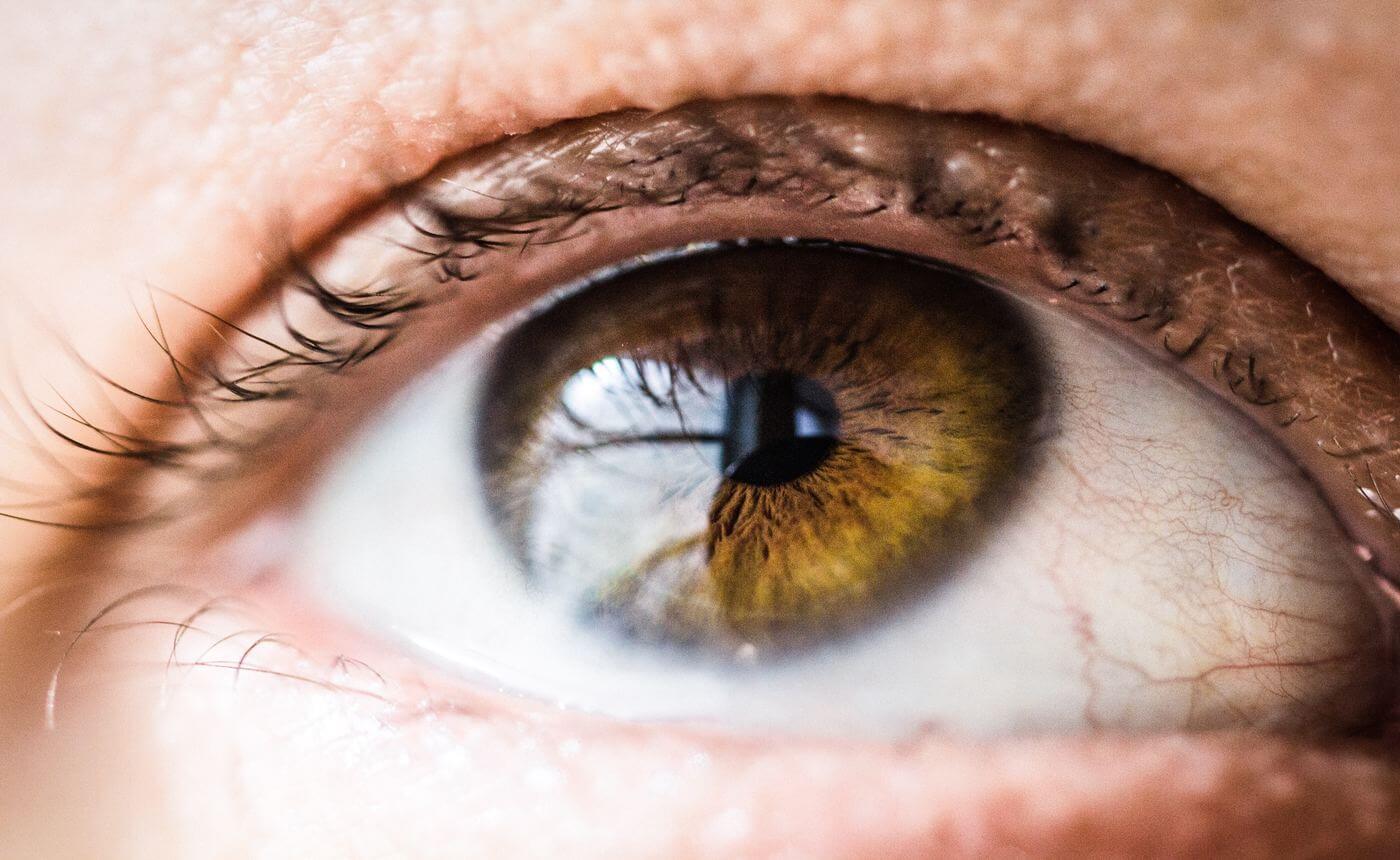Commonly known as PTSD, Post-traumatic Stress Disorder is an anxiety disorder caused by exposure to trauma.
Although culturally PTSD is regularly associated with veterans, it is also commonplace among the non-military, with an estimated 3.5% of people being affected at any given time.
Experiencing very stressful, scary or distressing events could trigger Post-traumatic Stress Disorder, although most people who experience trauma will not develop PTSD. Events that can cause PTSD include, but are not limited to, witnessing or experiencing violence, rape or sexual assault, serious car accidents or the death of a loved one.
Development of PTSD is linked to how personal a trauma is believed to be and is far more likely in instances of violence than in natural disasters, although can be a result of either. The trauma associated with the highest likelihood of developing PTSD is rape (with over 19% of victims going on to be diagnosed).
So how does PTSD manifest in sufferers?
Someone living with PTSD might relive the traumatic event emotionally and through nightmares and flashbacks. According to the NHS, they may also experience feelings of isolation, irritability and guilt.
Some symptoms to look out for include experiencing physical pain, sweating, feeling sick or trembling while reliving the event; distressing images, sensations or nightmares and flashbacks; avoidance and the feeling of emotional numbness and hypervigilance.
Hypervigilance is a very common symptom of PTSD and is often described as feeling “on edge”, although is also associated with heightened senses, difficulty sleeping and being easily startled. Someone with PTSD may find it difficult to concentrate or perform everyday tasks, due to feeling permanently alert.
PTSD will usually manifest within a month of experiencing the trauma, but the onset can be delayed and repeat exposure to multiple traumas can cause a disorder known as Complex Post-traumatic Stress Disorder (or C-PTSD).
If you think you may be experiencing PTSD, you should speak to your doctor about getting support, but there are things you can do to self-care, such as seeking peer support and learning about your own triggers. Mind Charity say that one of the most useful ways to cope with PTSD is to confide in someone, but that you should also seek specialist help to manage your condition.
The most important thing to remember is to give yourself time to heal without putting pressure on yourself. It is common for PTSD symptoms to change in intensity and re-experiencing symptoms you thought you had moved past doesn’t need to mean a step backwards for your recovery.
Post-traumatic Stress Disorder is not a choice and it isn’t a sign of weakness. It is a natural reaction to surviving difficult events and you shouldn’t be ashamed to reach out for help if you need it.


